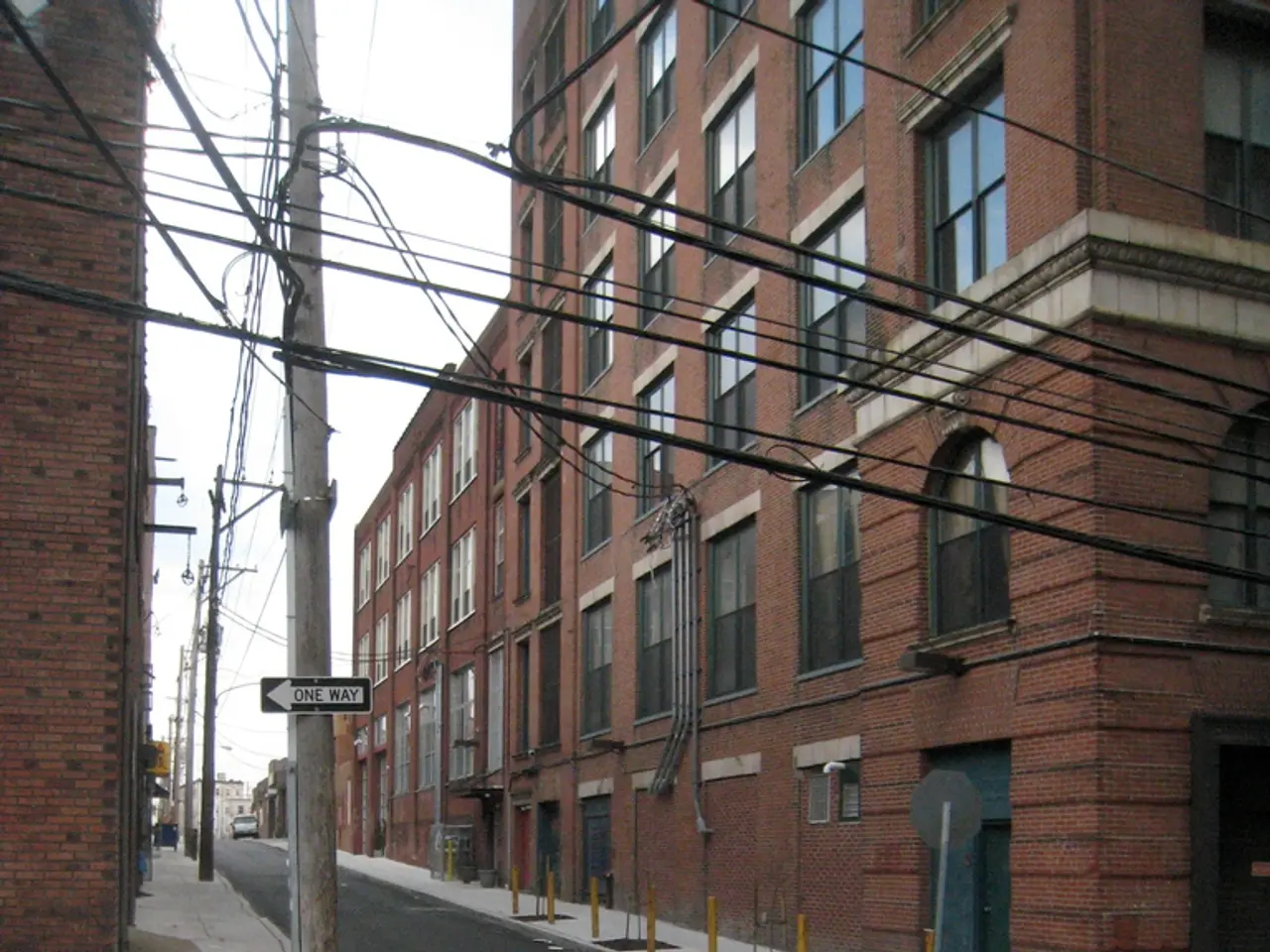Practical tactics for navigating hurdles in green energy funding as a USGBC LEED Green Associate
A growing number of companies are turning to Power Purchase Agreements (PPAs) as a practical strategy to invest in renewable energy without significant upfront costs or long-term maintenance responsibilities. This approach offers both financial and environmental benefits.
Under a PPA, a third-party developer installs, owns, and operates the renewable energy system, and the company agrees to purchase the power generated by the system at a fixed rate for a set period of time. This arrangement allows businesses to benefit from renewable energy without bearing the initial capital investment or maintenance costs.
One of the key advantages of a PPA is the lack of or low upfront capital costs for the company. Additionally, the predictable, often reduced energy costs over the PPA term provide a steady stream of energy at a potentially lower cost than traditional energy sources in the long run. The agreement also frees businesses from the responsibility of operating and maintaining the equipment, avoiding long-term maintenance responsibilities and potential depreciation costs.
Moreover, by not owning the equipment, companies can also avoid the complexities and risks associated with direct ownership. The ability to benefit from renewable energy with less complexity and risk is a significant advantage for many businesses.
Another practical aspect of PPAs is their adaptability. This strategy can be tailored to a company's specific energy needs and available space. Whether a business requires a large-scale solar farm or a more modest rooftop system, a PPA can be designed to meet these needs.
In addition to the financial benefits, PPAs also contribute to a company's environmental reputation. By investing in renewable energy, companies can reduce their carbon footprint and improve their standing in the eyes of consumers and regulators alike.
Charrettes, an intensive, multi-disciplinary workshop aimed at developing a design or vision for a project or planning activity, can also play a role in implementing this strategy. A charrette can help establish clear goals and objectives for the project, identify opportunities and constraints, generate creative and innovative ideas, foster collaboration and consensus, reduce conflicts and delays, and enhance communication and trust among the project team.
In conclusion, PPAs provide a practical and economically viable solution for businesses seeking to green their energy supply. By avoiding high initial costs, slow returns, and long-term maintenance responsibilities, businesses can reap the benefits of renewable energy while focusing on their core operations. Furthermore, the potential for financial benefits, environmental improvements, and enhanced reputation make PPAs an attractive option for companies looking to future-proof their energy strategies.
Read also:
- Peptide YY (PYY): Exploring its Role in Appetite Suppression, Intestinal Health, and Cognitive Links
- Toddler Health: Rotavirus Signs, Origins, and Potential Complications
- Digestive issues and heart discomfort: Root causes and associated health conditions
- House Infernos: Deadly Hazards Surpassing the Flames








